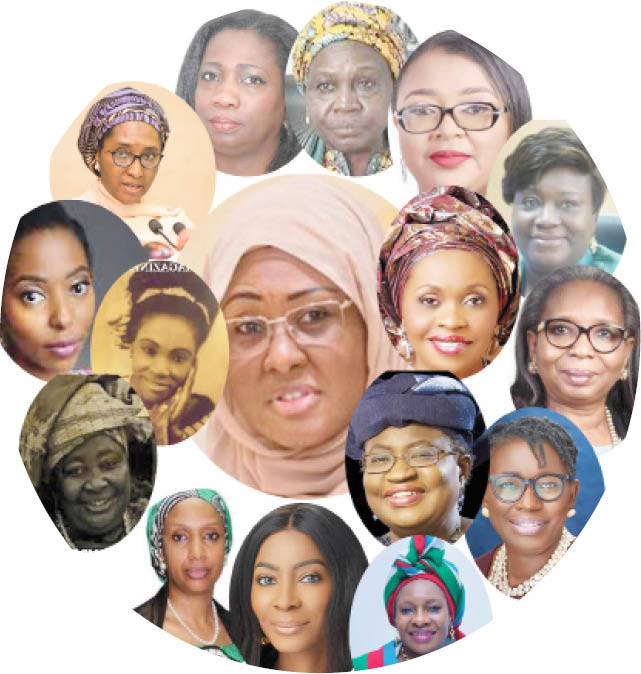Forum pushes reform on discrimination against women
A forum organised by the United Nations/European Union Spotlight Initiative Project, has called for reforms that would eliminate all forms of discrimination against women. Dr. Abiola Akiyode-Afolabi, the founding director, Women Advocates Research and Documentation Center (WARDC) made the call on Monday in Abuja at a two-day training of women groups on policy and programme […]

A forum organised by the United Nations/European Union Spotlight Initiative Project, has called for reforms that would eliminate all forms of discrimination against women.
Dr. Abiola Akiyode-Afolabi, the founding director, Women Advocates Research and Documentation Center (WARDC) made the call on Monday in Abuja at a two-day training of women groups on policy and programme decision making on prevention and response to violence against women and girls, sexual and gender-based violence, harmful practices and promotion of gender equality and women’s empowerment.
She was represented by the WARDC project officer, Evelyn Ugbe.
According to her, research has shown that one in three women have experienced one form of SGBV or the other hence the need to push for reforms that would eliminate all forms of discrimination against women.
“The issues of SGBV, VAWG and HP are prevalent in Nigeria and the lack of access to sexual and reproductive health and rights (SRHR) by women is a major issue in this clime.
“Research has shown that one in three women have experienced one form of SGBV or the other hence the need to push for reforms that would eliminate all forms of discrimination against women.
“The activity is implemented under the spotlight initiative. The spotlight initiative, is a global multi-year partnership between the European Union and the United Nations to eliminate all forms of violence against women and girls by 2030,” she said.
She added that the interventions focus on six mutually reinforcing pillars and that WARDC is implementing pillar six in Lagos and FCT which focuses on promoting an empowered civil society and autonomous women’s movement.
She said, “The activism of women’s rights organizations, autonomous social movements and civil society organizations, including those representing youth and groups facing multiple and intersecting forms of discrimination is a crucial driver of progress on efforts to end VAWG.”
She said that the training will empower women’s rights groups, autonomous social movements and civil society organizations, including those representing youth and women with disabilities to effectively influence and advance progress on GEWE and ending violence against women and girls.
Also speaking on “Understanding CEDAW Shadow Reporting Procedures and Processes”, the Convener/Founder, Women Arise Development and Humanitarian Initiative (WADHI), Esther Eghobamien-Mshelia, noted challenges confronting women including financial exclusion, rights violation and unimaginably high levels of GBV.
She also listed weak or no social protection and the under-valuing of women’s gender roles and skillsets and pushing women into the informal sector which she said all contribute to creating intersecting forms of discrimination.
“Dealing with the web of discrimination needs authority, power, reformed institutions, legislation, technology, information, political will, socio-cultural and attitudinal change which require long term commitment to achieve any substantive results,” she said.
